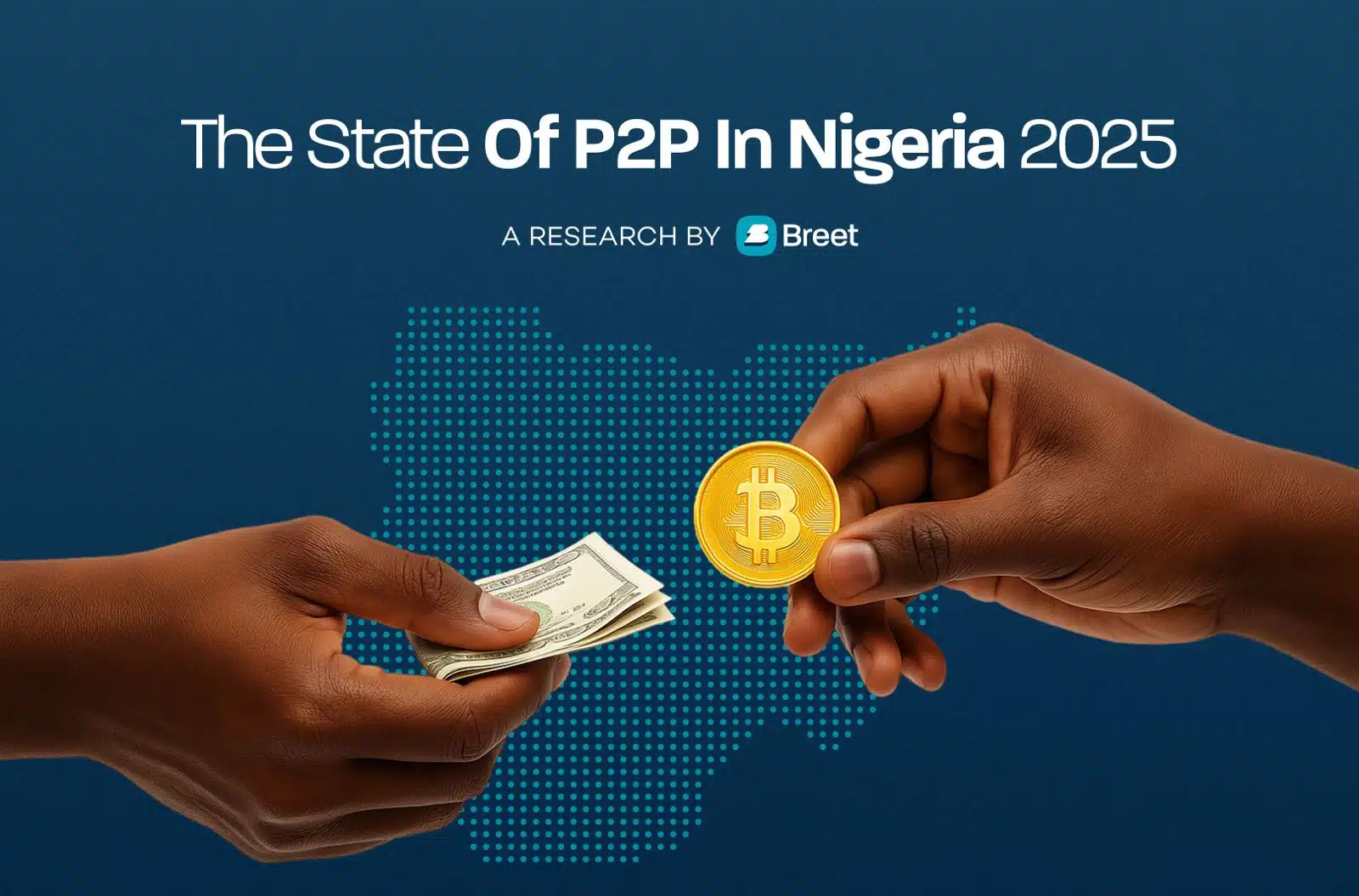A new report has revealed that most Nigerians investing in cryptocurrency are far from wealthy.
According to The State of Crypto Adoption in Nigeria 2025, published by Quidax in collaboration with IFS Insights, about 85% of Nigeria’s retail crypto investors earn below ₦250,000 per month, placing the majority of them in the low- to middle-income bracket.
The report, which surveyed over 1,850 respondents across the country, revealed that Nigeria’s crypto industry is dominated by young people rather than high-net-worth individuals.
Students alone make up 43% of Nigeria’s crypto population, while the rest are mostly self-employed professionals and freelancers.
“This investor class, however, is not a high-net-worth segment,” the report notes. “Our data shows that approximately 85% of retail crypto investors earn below NGN250,000, which places the majority of the crypto population in the low to mid-income bracket.”
These findings put crypto adoption in Africa into context.
While Africa might be one of the biggest adopters of cryptocurrency in the world, it also has the smallest crypto economy in the world.
Between July 2022 and June 2023, sub-Saharan Africa only accounted for 2.3% of the global cryptocurrency transactions. This means that while many people in Africa use crypto, the value of transactions performed is small compared to markets like the US, which account for 24% of all global crypto transactions.
Quidax’s findings also show that crypto adoption cuts across Nigeria’s regions, with Lagos accounting for nearly a quarter of respondents.

Victoria Fakiya – Senior Writer
Techpoint Digest
Stop struggling to find your tech career path
Discover in-demand tech skills and build a standout portfolio in this FREE 5-day email course
Other states like Kaduna, Enugu, Abuja, and Osun also showed significant activity, suggesting that crypto use has moved beyond Nigeria’s economic centres.
The report further estimates that 26.3 million Nigerians now use or have used cryptocurrency, making Nigeria one of the world’s largest crypto markets by population share.
Many of these investors use crypto for savings, payments, and protection against naira devaluation rather than for short-term trading. In fact, stablecoins are the most used cryptocurrencies in the country.
This aligns with findings in the report that eight out of ten investors use crypto for purposes beyond speculation, a trend driven by inflation and limited access to global financial services. With the naira’s sharp depreciation and rising inflation, digital assets like USDT (Tether) have become a preferred way for Nigerians to store value and receive payments.











